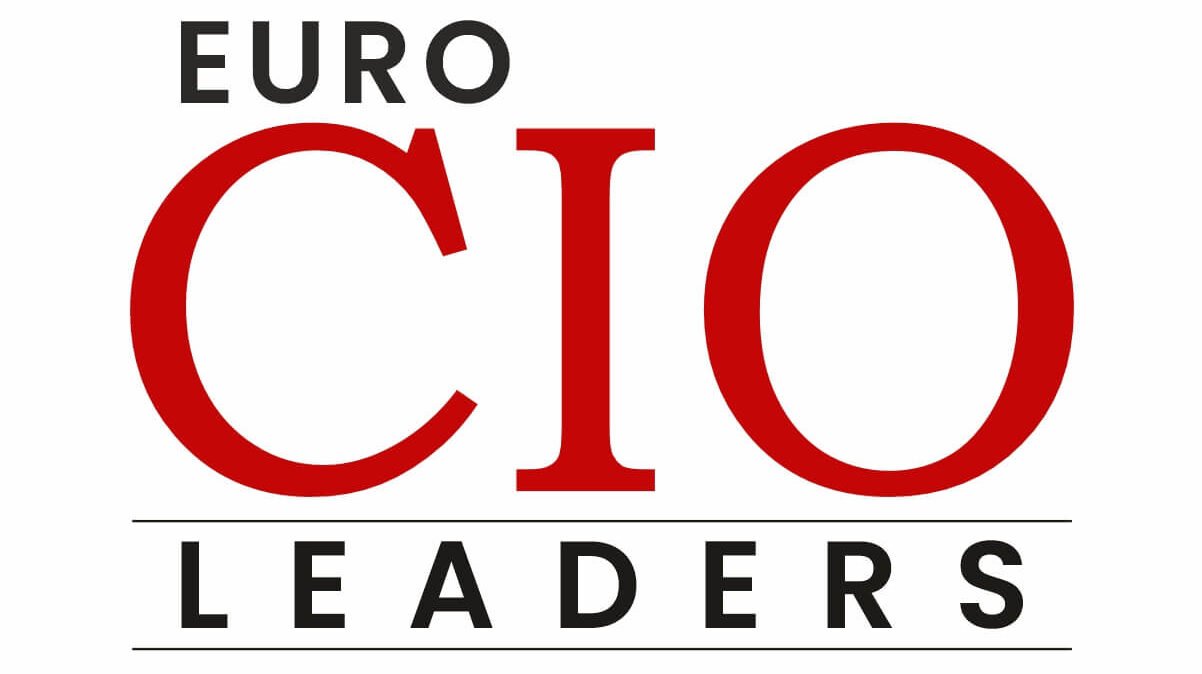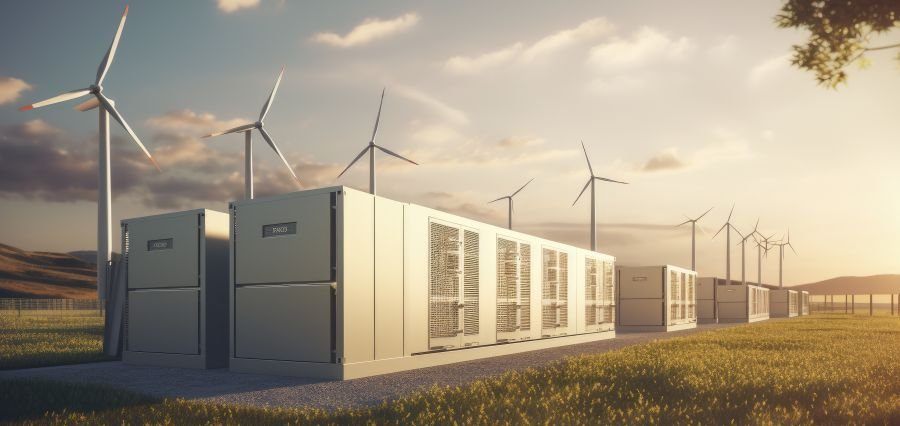Sustainable Solutions
As the world continues to struggle with the mounting challenges of climate change, resource depletion, and environmental degradation, a growing number of businesses across Europe are stepping up to the plate, embracing sustainability as a core part of their ethos and operations. From innovative product design to energy-efficient manufacturing processes and responsible waste management practices, these forward-thinking companies are redefining what it means to be environmentally responsible, paving the way for a greener, more sustainable future.
Leading by Example: Leaders in Sustainable Manufacturing
At the forefront of this movement are companies like Sweden’s IKEA, a global leader in home furnishings and a pioneer in sustainable manufacturing. IKEA has implemented a comprehensive strategy to reduce its environmental footprint, from sourcing materials from responsibly managed forests and using renewable and recycled materials in its products, to investing heavily in renewable energy sources and implementing energy-efficient practices throughout its operations.
Similarly, German sportswear giant Adidas has made significant strides in sustainability, launching innovative product lines made from recycled ocean plastics and implementing closed-loop manufacturing processes that minimize waste and maximize resource efficiency. The company’s commitment to sustainability extends beyond its products, with ambitious targets to reduce greenhouse gas emissions and water consumption across its supply chain.
Circular Economy Champions: Closing the Loop on Waste
Across Europe, businesses are embracing the principles of the circular economy, a model that aims to minimize waste and maximize resource efficiency by keeping materials and products in use for as long as possible. One company at the forefront of this movement is the Dutch technology company Philips, which has implemented a comprehensive circular economy program that focuses on designing products for longevity, reuse, and recyclability.
Philips’ efforts extend beyond its own operations, with the company partnering with hospitals, healthcare providers, and other organizations to implement circular solutions that reduce waste and promote resource efficiency. By transitioning to a more circular business model, Philips not only reduces its environmental impact but also creates new revenue streams and fosters long-term business resilience.
Renewable Energy Pioneers: Powering a Sustainable Future
As the world transitions towards a low-carbon economy, many European businesses are leading the charge in embracing renewable energy sources. Danish wind turbine manufacturer Vestas, for example, has been at the forefront of the wind energy revolution, producing some of the most advanced and efficient wind turbines in the market. Vestas’ commitment to sustainability goes beyond its products, with the company implementing ambitious targets to become carbon-neutral across its operations by 2030.
In the solar energy sector, companies like Germany’s SMA Solar Technology are driving innovation and pushing the boundaries of what is possible. SMA develops cutting-edge inverters and energy management solutions that optimize the performance of solar power systems, making them more efficient and cost-effective. The company’s commitment to sustainability extends to its manufacturing processes, where it prioritizes resource efficiency and minimizes waste.
Collaboration and Innovation: Building a Sustainable Future Together
While individual companies are making significant strides in environmental responsibility, true progress requires collaboration and knowledge-sharing across industries and sectors. Recognizing this, many European businesses are joining forces through industry associations, consortiums, and partnerships to drive sustainability innovation and accelerate the transition to a more sustainable future.
One such initiative is the Sustainable Apparel Coalition (SAC), a global alliance of leading apparel, footwear, and textile companies, including European brands like H&M, Primark, and Zalando. The SAC develops industry-wide standards and tools to measure and improve the environmental and social performance of products across their entire lifecycle, fostering collaboration and knowledge-sharing among its members.
Similarly, the Ellen MacArthur Foundation, a UK-based organization, has brought together businesses, governments, and other stakeholders to accelerate the transition to a circular economy. Through its initiatives, the foundation provides resources, research, and a platform for collaboration, enabling businesses to explore and implement circular strategies that reduce waste, maximize resource efficiency, and drive innovation.
A Sustainable Future, Built on European Innovation
As the world confronts the urgent challenges of climate change and environmental degradation, European businesses are leading the charge in developing and implementing sustainable solutions. From innovative product design and renewable energy adoption to waste reduction and circular economy strategies, these companies are demonstrating that environmental responsibility and economic success can go hand in hand.
However, the journey towards a truly sustainable future requires collaboration, knowledge-sharing, and a collective commitment to driving positive change. By joining forces through industry associations, consortiums, and partnerships, European businesses are creating a powerful ecosystem of innovation and progress, paving the way for a greener, more sustainable world for generations to come.


